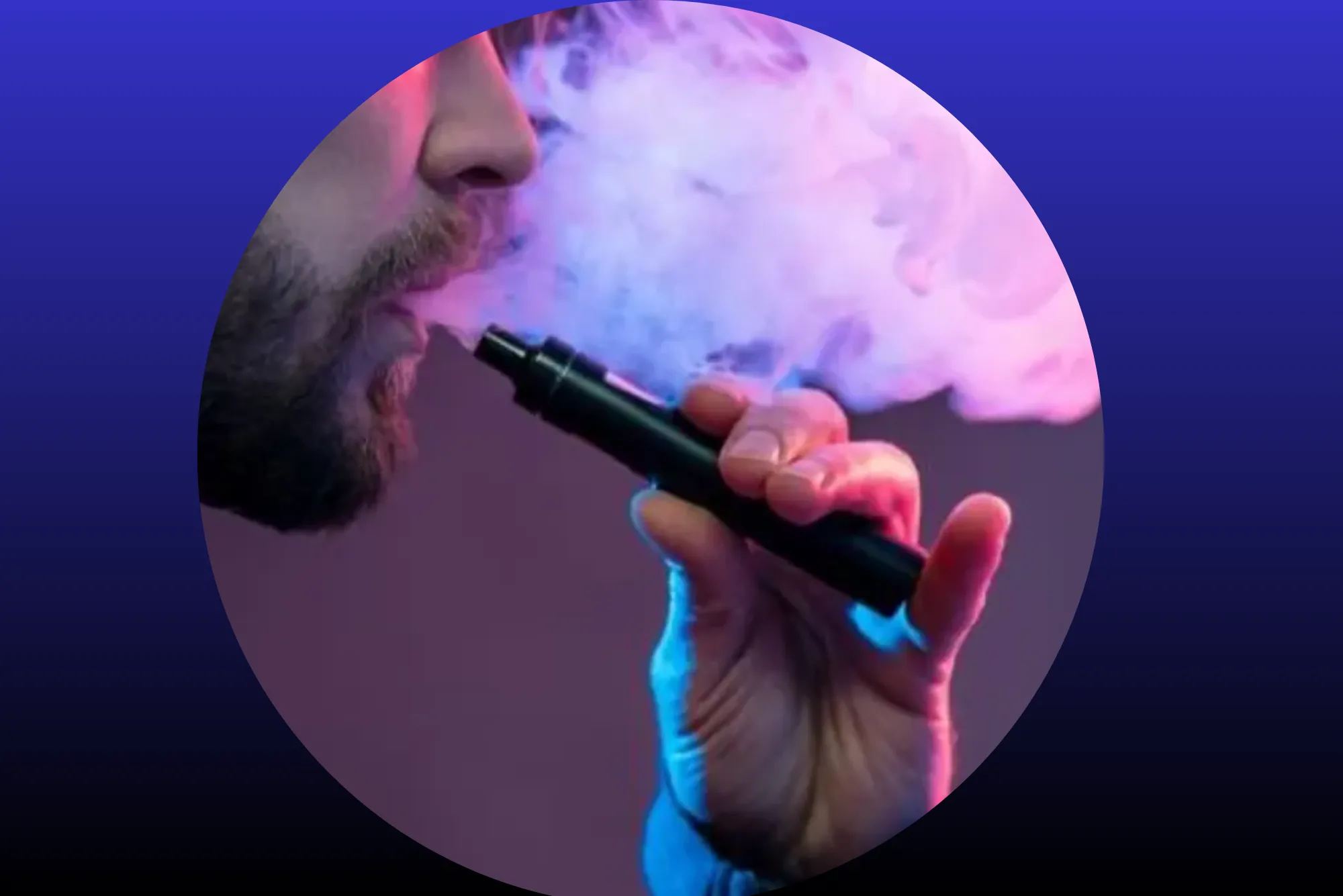Online gambling has surged in popularity over the past decade, offering players convenience, variety, and the thrill of betting from anywhere with an internet connection. Yet, this convenience also raises serious concerns about minors accessing gambling platforms. Ensuring that only those above the legal age participate is crucial to protect young people from potential financial harm and addiction. In this article, we’ll explore the many measures online casinos and regulators employ to prevent underage gambling, drawing on real-world examples and insights to help readers understand how they can play a responsible role in safeguarding minors.
The Importance of Rigorous Age Verification
Age verification stands at the core of any strategy to keep minors away from gambling. Without an effective system to confirm a player’s age, online casinos would be unable to ensure compliance with local laws. In jurisdictions such as the United Kingdom, operators licensed by the UK Gambling Commission must demonstrate robust identity checks before allowing any new account to deposit funds.
At the most basic level, many casinos request a copy of a government-issued ID during the registration process. This can include a passport, driver’s license, or national identity card—documents that display the bearer’s date of birth and photograph. However, simply asking for an ID scan is often insufficient. Fraudulent submissions can slip through if an underage individual borrows or manipulates a parent’s credentials. That’s why responsible operators pair document checks with technology-driven verification solutions.
Advanced Digital Verification Technologies
The evolution of digital identity verification tools has significantly bolstered the fight against underage gambling. Today, facial recognition software compares a live selfie or video taken by the player against the photo on their ID. If there’s a mismatch or the quality is too poor, the platform’s automated system flags the discrepancy for human review. This two-step process reduces the risk of minors circumventing age checks by using someone else’s documents.
In addition to facial recognition, biometric and AI-based solutions analyze patterns such as typing speed, browsing behavior, and how a person holds their device. For instance, if a casino’s algorithm detects that a user’s behavior more closely matches that of a teenager—perhaps because of erratic scrolling or atypical playing hours—it might trigger an extra layer of scrutiny. While no system is entirely foolproof, these technological advancements make it increasingly difficult for underage individuals to slip through the cracks.
Regulatory Frameworks and Licensing Requirements
Regulation plays a pivotal role in shaping how online casinos prevent underage gambling. In the United Kingdom, the UK Gambling Commission mandates stringent guidelines that operators must follow. Every licensed site must undertake “Know Your Customer” (KYC) checks, which involve collecting personal details (such as full name, date of birth, and address) and verifying them against official databases.
Furthermore, regulators conduct regular audits to ensure casino operators comply with advertising guidelines. Websites must refrain from marketing that appeals directly to minors—this means avoiding cartoons or imagery that could be interpreted as targeting younger audiences. Social media campaigns also receive close scrutiny, and any hint of underage appeal can result in hefty penalties or the revocation of a license.
Even outside the UK, similar protocols exist. In Europe, jurisdictions like Malta, Gibraltar, and the Isle of Man enforce their own KYC and anti-money laundering (AML) regulations, all of which incorporate age-verification measures. In North America, where online gambling laws vary by state, licensed operators still need to adhere to state-specific age-check policies, frequently partnering with national identity verification services to confirm a new user’s age.
Payment Methods and Age Checks at Deposit
The moment a player tries to deposit funds is another opportunity to catch underage gamblers. Reputable casinos often require payment methods to be in the player’s name. If a credit card or e-wallet account doesn’t match the person associated with the gaming account, the transaction is immediately flagged for review.
In my own experience, I once attempted to register a demo account on a UK-based online casino. When I tried to deposit with a prepaid card not in my name, the system instantly prompted me to upload proof of ownership for that card. It served as an additional reminder that platforms are vigilant at every step. Even small discrepancies—like mismatched billing addresses—trigger a halt in transactions. This level of scrutiny ensures that minors cannot simply use a parent’s credit card without detection.
Certain sites also collaborate with third-party payment providers that maintain their own compliance protocols. These services cross-reference user data against credit bureau or government databases before approving any transfer. By the time funds hit the casino’s account, age checks and ownership verification have effectively filtered out underage users.
Self-Exclusion and Third-Party Blacklists
While most preventive measures focus on blocking minors from entry, some systems empower individuals to exclude themselves. Voluntary self-exclusion programs enable problem gamblers to lock themselves out of casinos for a set period, ranging from weeks to years. Interestingly, these programs indirectly benefit underage protection by encouraging parent-driven registrations, where families can preemptively bar any accounts created by minors as soon as they discover them.
In the UK, the GAMSTOP scheme exemplifies how self-exclusion can be scaled across multiple operators. By registering with GAMSTOP, a player’s details are added to a central database, preventing them from opening accounts at any participating operator. Although designed for adults struggling with addictive behaviors, the same centralized approach can extend to minors identified by banks or social workers—particularly when a minor’s identity theft is suspected.
For that reason, some players specifically seek out “UK online casinos not on GamStop” for various reasons. They might wish to avoid the centralized exclusion if they feel they have local restrictions, or they believe smaller, unregulated sites are less diligent about such protocols. However, steering clear of GamStop often puts players at greater risk, including exposing underage gamblers to dangerously lax environments. Casinos outside of major self-exclusion schemes tend to have fewer resources dedicated to rigorous age checks, making it far easier for minors to slip into a game of blackjack or slots. By contrast, the best casino sites rigorously cross-check every new registration against both GamStop and national ID databases.
Monitoring and Ongoing Account Surveillance
Initial age verification, while essential, is not the only line of defense. Smart operators employ ongoing monitoring to detect suspicious account behavior that could indicate account sharing or underage use. For instance, if a player’s activity suddenly shifts—such as dramatically increased deposit limits or irregular play hours—the system alerts compliance officers to perform a manual review.
One friend shared how a relative’s account was flagged because the system noticed she was playing at 3 a.m. during school nights. When the casino’s compliance team contacted the account holder to request updated proof of age and identity, the family realized their child had been secretly using their credentials. The result was swift account suspension and a reminder that monitoring habits can be just as revealing as document checks.
Even when the initial KYC checks pass, these live surveillance systems form an additional protective net. By analyzing metrics such as wagering frequency, bet sizes, and geolocation data, platforms can spot unusual patterns. For instance, if a high-frequency, low-stakes player is consistently active during typical school hours, it raises a red flag. Advanced algorithms now integrate with player accounts to provide real-time risk scoring, allowing compliance teams to intervene before financial loss compounds.
The Role of Parental Controls and Education
Despite robust regulatory measures and advanced technology, parents play a crucial role in preventing underage gambling. Open communication, setting clear household rules about screen time and online activities, and consistent oversight can significantly reduce a minor’s access to gambling sites. Many internet service providers and device manufacturers offer parental control tools that block gambling websites or restrict access to certain apps altogether.
In my blog chats, I often talk about a community initiative that encouraged parents to install browser filters and use DNS-based restrictions designed to block known gambling domains. When a child tries to navigate to a casino page, the filter intercepts the request and displays a “restricted content” message. This approach is particularly effective against casual or opportunistic underage gamblers who might stumble onto gaming sites without a strong intention to register.
Beyond technical barriers, education is equally important. Schools and youth clubs have started including modules on responsible online behavior, where they discuss the dangers of underage gambling alongside issues like cyberbullying and online privacy. By teaching youngsters about the long-term financial and psychological consequences of gambling before the legal age, these programs aim to build resilience and discourage curiosity-driven sign-ups.
Advertising Restrictions and Ethical Marketing
It’s easy to overlook how marketing influences underage audiences. Bright banners, flashy slot demos, and social media ads all vie for attention. That’s why regulatory bodies impose strict rules on how casinos can advertise. In the UK, any ad must carry messages about “gamble responsibly,” clearly display age restrictions, and avoid portraying gambling as a solution to financial or personal problems.
Targeting is carefully monitored, ensuring that campaigns avoid demographics heavily populated by minors. Algorithms on platforms like Facebook and Google prevent gambling ads from showing on accounts identified as belonging to users under 18 or in countries with stricter age requirements. Any misstep—such as a brand running a YouTube ad that inadvertently reaches under-16 audiences—can lead to significant fines and mandated corrective advertising.
Moreover, many operators have adopted “age gate” measures on their ads. When someone clicks on a casino banner, the first landing page might require the prospective player to input their date of birth before seeing any promotional offers. By adding that simple prompt before exposing them to bonus or VIP schemes, sites reduce the risk that a teenager will proceed to register.
Real-World Examples of Prevention Success
Last year, the UK Gambling Commission published a review highlighting how age verification technologies reduced underage registrations by 25% over a two-year period. One case study in their report focused on a mid-sized casino brand that implemented facial recognition checks at registration, combined with an AI system that monitored in-play behavior. The result was a notable decline in flagged incidents, and feedback from parents indicated fewer attempts by their children to register with false information.
Across the pond in the United States, where online gambling laws vary by state, regulators in New Jersey and Pennsylvania recently updated their KYC requirements. They now mandate cross-checking player details against national credit bureaus. This extra layer of data comparison catches discrepancies—such as a minor giving an address that doesn’t align with credit records—prompting an automatic review. Anecdotally, one operator reported that nearly 10% of accounts were frozen during the first month of stricter checks, reflecting improperly entered or fraudulent information.
Such success stories underline how collaborative efforts between regulators, operators, and technology providers create an ecosystem where underage gambling becomes increasingly improbable. Yet, the battle is ongoing. As identity theft tools become more sophisticated, verification systems must evolve in parallel, refining their methods to maintain effectiveness.
Challenges and Looking Ahead
Even with advanced ID checks, AI surveillance, and strict regulations, there remain challenges. One persistent issue is cross-border play. A teenager in a country without robust online gambling laws might access sites based in more permissive jurisdictions. While reputable casinos implement geo-blocking to prevent registrations from restricted regions, minors determined to gamble can sometimes use VPNs to mask their location. Platforms counter this risk by detecting and blocking known VPN IP addresses, but this cat-and-mouse game continues.
Another emerging concern is the rise of unregulated or “grey market” operators. These sites often advertise “UK online casinos not on GamStop,” offering fewer checks to attract players who would otherwise self-exclude. Unfortunately, this also opens the door for minors. By bypassing UK licensing requirements entirely, such platforms lack the accountability mechanisms that legitimate operators must uphold. Players should be cautious: a site outside recognized self-exclusion schemes and without a valid license is inherently riskier and may not employ robust age-verification technologies.
Looking forward, we can expect greater use of blockchain-based identity verification, which uses decentralized ledgers to confirm a user’s age without revealing sensitive personal details. Additionally, regulatory bodies will likely collaborate more closely at a global level to share best practices and coordinate takedown efforts for unlicensed platforms. Technology will continue to innovate, integrating ever more sophisticated biometric checks—such as liveness detection in video submissions—to thwart attempts at falsified IDs.
Ultimately, protecting minors online demands constant vigilance from all stakeholders: regulators setting high standards, operators investing in cutting-edge technology, parents enforcing boundaries, and educators raising awareness. When these elements align, underage gambling can be minimized, and online casinos can offer a safe, entertaining environment for adult players.





